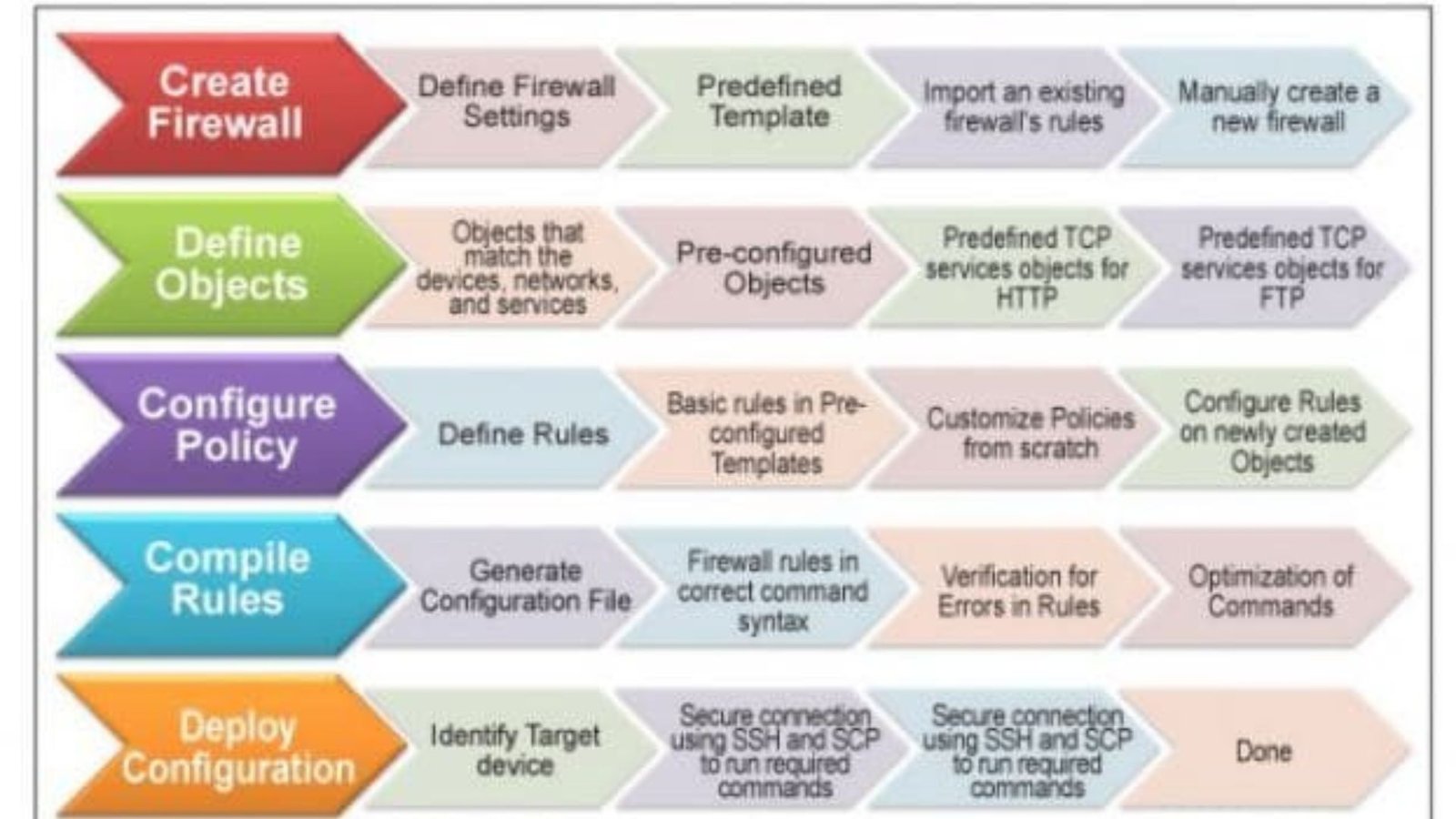Why firewalls are a must-have for small business owners highlights the critical role these security tools play in protecting business data. Firewalls serve as a defense mechanism against cyber threats, ensuring that small businesses can safeguard their information and operations from malicious attacks. This blog post delves into the importance of firewalls for small businesses, their key features, and best practices for implementation.

The Essential Role of Firewalls for Small Businesses
Why firewalls are a must-have for small business owners lies in their ability to act as a barrier between a business’s internal network and external threats. Firewalls monitor and control incoming and outgoing network traffic based on security rules. They prevent unauthorized access to sensitive data and protect against a variety of cyber threats, including viruses, malware, and hacking attempts.
Key Features of Firewalls for Small Businesses
1. Network Traffic Filtering
Firewalls filter network traffic to ensure that only legitimate data can enter or leave a business’s network. By examining data packets and enforcing security policies, firewalls block harmful traffic and allow safe communication. For small businesses, this means protecting customer data, financial information, and other critical assets from potential cyberattacks.
2. Intrusion Detection and Prevention
Many firewalls include Intrusion Detection Systems (IDS) and Intrusion Prevention Systems (IPS). IDS identifies suspicious activities and alerts business owners, while IPS actively blocks potential threats. These features help small businesses detect and prevent attacks before they compromise data or disrupt operations.
3. VPN Support
Firewalls often support Virtual Private Networks (VPNs), which encrypt data transmitted between remote employees and the business network. This is especially important for small businesses with remote workers or multiple locations. VPNs ensure secure communication and protect sensitive business information from interception.
4. Application and Port Control
Firewalls allow small businesses to control which applications and network ports can access the internet. By restricting access to specific applications and closing unnecessary ports, firewalls reduce the risk of vulnerabilities that could be exploited by cybercriminals. This helps maintain a secure network environment and protects business data.
Best Practices for Implementing Firewalls in Small Businesses
5. Regularly Update Firewall Settings
Keeping firewall settings up-to-date is essential for maintaining security. Small businesses should regularly review and update firewall rules to adapt to new threats and changes in the business environment. Regular updates ensure that the firewall continues to protect against evolving cyber risks.
6. Monitor and Review Network Activity
Continuous monitoring of network activity is crucial for detecting potential security issues. Small businesses should use monitoring tools to gain visibility into network traffic and identify unusual patterns or unauthorized access attempts. Reviewing logs and activity reports helps in taking timely actions to prevent data breaches.
7. Train Employees on Security Awareness
Employee training is an important aspect of maintaining cybersecurity. Small businesses should educate their staff on recognizing phishing attempts, using secure passwords, and following best practices for data protection. Well-informed employees contribute to the overall effectiveness of the firewall and reduce the risk of security breaches.
Conclusion
Why firewalls are a must-have for small business owners becomes clear when considering their role in protecting business data from cyber threats. By filtering network traffic, supporting VPNs, controlling applications, and implementing IDS/IPS systems, provide provide essential security. Regular updates, monitoring, and employee training further enhance their effectiveness, ensuring small businesses can safeguard their operations and sensitive information.










